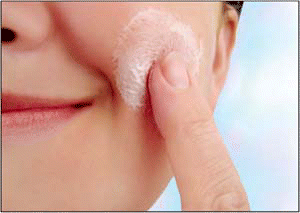Noninvasive surgical interventions are widely used to stave off the effects of aging on the skin. These products and procedures represent a billion-dollar market in today’s youth-focused society. People are living longer and staying healthier and active longer, and they want to look as good as they feel. Which specialists are best positioned to offer procedures for sun damage, pigment changes associated with aging, baggy skin, sagging cheeks, wrinkled necks, purse-string lips, and frown lines around the mouth or eyes?
Explore This Issue
August 2008Most of these procedures were not taught in medical school. We learned about them post-residency. In my view, the specialists who are best suited for doing these procedures include the Quad Four: dermatologists, ophthalmologists, otolaryngologists, and facial plastic surgeons, said Jean Carruthers, MD, an ophthalmologist who is trained in all the procedures discussed in this article. Dr. Carruthers is Clinical Professor of Ophthalmology at the University of British Columbia in Vancouver, Canada, and she is Medical Director of Carruthers Cosmetic Surgery in that city.
Anyone who is well trained and credentialed can do these procedures-and that includes dermatologists, ophthalmologists, otolaryngologists, and facial plastic surgeons, agreed Wayne Larrabee, MD, who is Director of the Larrabee Center for Facial Plastic Surgery in Seattle.
ENT Today spoke with Dr. Carruthers, Dr. Larrabee, and Jenifer Henderson, MD, who is an associate at the Larrabee Center, about the role of different nonsurgical interventions to address aging skin.
Topical Agents
According to Dr. Carruthers, the two most important types of topical agents for treatment of sun damage and pigment changes are vitamin A creams and sunscreen creams or lotions with a high sun protection factor (SPF).
Vitamin A creams do three things: reduce the amount of pigment; reduce the amount of oil secretion; and restore collagen into the skin. Creams like Retin-A™ [tretinoin] and Tazorac™ [tazoratene] should be used daily; however, they dry the skin and can be irritating, so they should be used according to tolerability. she said. Retin-A is one of several commercial tretinoin creams available in the United States, which are indicated for fine wrinkles, dark spots, sun damage, and rough skin.

Dr. Carruthers believes that more is better regarding the SPF level in sunscreens. Why wouldn’t you want as much protection as you can get? said Dr. Carruthers. She recommends using a daily sunscreen with 60 SPF.
Leave a Reply